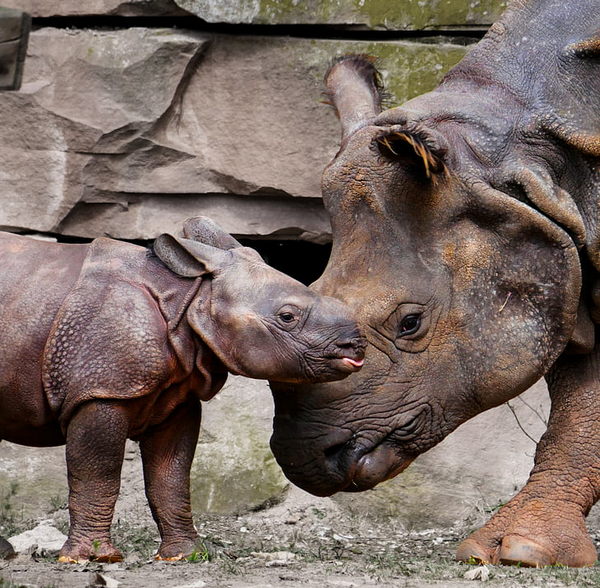Coffee Break: Armed Madhouse – The Folly of Bombing Iran
Escalation advocates argue that bombing Iran could extract concessions, collapse the regime, or permanently secure Israel. History suggests otherwise. Strategic bombing has repeatedly failed to produce regime collapse, even under extreme destruction. More importantly, even the most maximal hypothetical “success” against Iran would not resolve Israel’s deeper strategic dilemma. The Middle East is not a two-player system, and force cannot substitute for a political end state. Without defined limits and durable arrangements, military action merely resets the cycle of conflict—accumulating risk over time rather than producing security.
Read more...






